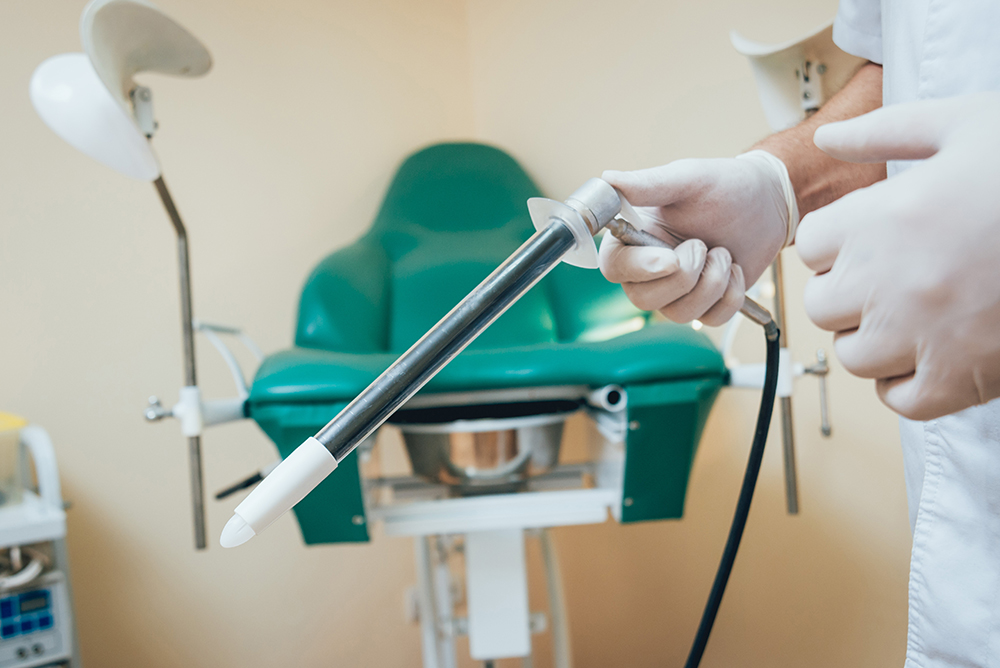Calls for Ukraine
Calls for Europe
Calls for USA

According to a study to be presented at Digestive Disease Week (DDW) 2025, the incidence of anal canal cancer is steadily increasing in the United States, with the biggest jump among older women, especially white and Hispanic women, challenging notions about high-risk groups and who should be screened.
“The incidence of anal canal cancer is rising fastest among white and Hispanic women over age 65, groups that are not traditionally considered high-risk,” said lead study author Ashley Robinson, MD, a second-year internal medicine resident at Advocate Lutheran General Hospital.
Although the exact reasons for this trend remain unclear, most older women were over the recommended age for human papillomavirus vaccination when the vaccine first became widely available.
Human papillomavirus, known as HPV, causes 90 percent of anal cancers.
Researchers analyzed data from the National Cancer Institute’s Surveillance, Epidemiology, and End Results database, known as SEER, from 2017 to 2021. They found that anal cancer cases increased by 2.9 percent among women and 1.6 percent among men.
The incidence of anal canal cancer rose fastest among white women over the age of 65, with a 4.3% increase over the five-year study period to reach 11.4 cases per 100,000 people in 2021. If the trend continues, the incidence of anal canal cancer among women over 65 will double in less than 17 years.
Hispanic women over 65 have the second highest incidence rate of anal canal cancer, with 7.5 cases per 100,000 people in 2021 and a slower annual increase of 1.7%.
“It is critical that we promote HPV vaccination as a key tool for anal canal cancer prevention, and keep health care providers informed as screening recommendations change,” said Dr. Robinson. “These data highlight specific patient populations that may benefit from targeted screening for anal HPV and anal canal cancer.”
Considered rare, anal canal cancer accounts for about 1% of all gastrointestinal cancers, with more than 90% of cases associated with chronic HPV infection. Although screening for anal HPV, dysplasia, and cancer is recommended in high-risk groups, which include people with HIV, bone marrow transplant recipients, and other immunocompromised populations, older women are not on this list.
Please rate the work of MedTour
